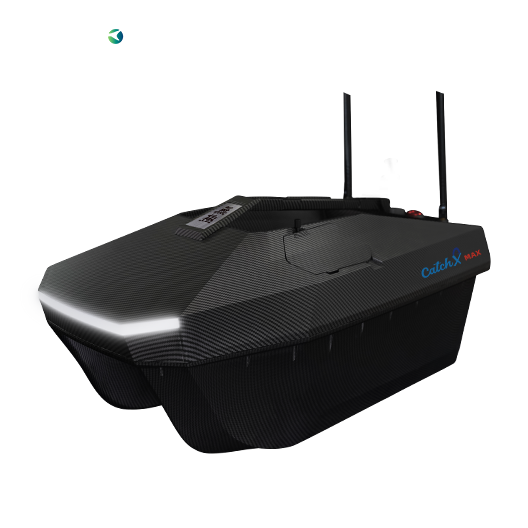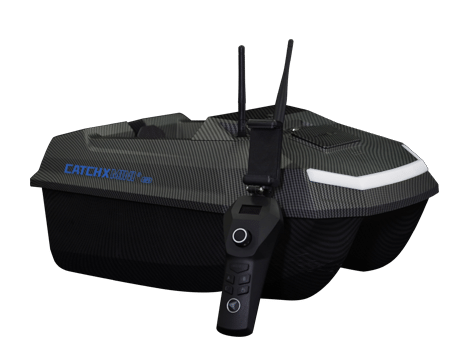What is an Example of a False Alarm for Bite Alarms with Receiver?
Bite alarms with receiver have become indispensable tools for anglers, offering reliable bite detection and convenient wireless connectivity. However, one potential drawback that anglers may encounter is the occurrence of false alarms. False alarms can disrupt the peaceful fishing experience and create unnecessary excitement or frustration. In this article, we will explore the concept of false alarms in bite alarms with receiver, identify common causes, and provide tips to minimize these unwanted disturbances, ensuring accurate bite detection.
Understanding the Occurrence of False Alarms in Bite Alarms with Receiver:
False alarms refer to instances when a bite alarm is triggered without an actual fish bite occurring. While bite alarms with receiver are designed to be highly sensitive and accurate, certain factors can lead to false alarms, causing confusion and interrupting the angler's concentration.
Environmental Factors
Environmental factors play a significant role in the occurrence of false alarms. For example, strong winds or water currents can cause the fishing line to move, leading the bite alarm to detect a false bite. Additionally, debris, such as floating vegetation or small aquatic creatures, may come into contact with the fishing line, creating vibrations that can trigger the alarm. These environmental elements can confuse the bite alarm's sensors and result in false readings.
Interference from Wildlife
Another common cause of false alarms is interference from wildlife. Fishes, turtles, or even water birds may interact with the bait or fishing line, causing slight movements that trigger the bite alarm. While these interactions do not necessarily indicate a fish bite, the sensitivity of the bite alarm can misinterpret them as such.
Mechanical Malfunctions
Occasionally, false alarms can occur due to mechanical malfunctions or technical issues within the bite alarm itself. This could include sensor errors, faulty wiring, or electronic interference. Regular maintenance and periodic checks of the equipment can help identify and address any mechanical issues, minimizing the occurrence of false alarms.
Tips to Minimize False Alarms and Accuracy in Bite Alarms with Receiver
Adjust Sensitivity Settings
Most bite alarms with receiver offer sensitivity adjustments. It is advisable to fine-tune the sensitivity settings to match the fishing conditions and minimize false alarms. Lower sensitivity settings can reduce the chances of false triggers caused by environmental factors, while higher settings may be suitable for situations where fish bites are expected to be subtle or gentle.
Use Bite Indicators
To complement the bite alarms with receiver, anglers can also use bite indicators. Bite indicators, such as bobbin indicators or swing tips, provide a visual indication of fish activity. By using both the bite alarm and bite indicators together, anglers can cross-verify the bite detection and reduce the likelihood of false alarms.
Consider Placement and Calibration
Proper placement and calibration of the bite alarms with receiver can contribute to accurate bite detection and minimize false alarms. Ensuring that the bite alarm is securely attached to the fishing rod and positioned correctly is crucial. Additionally, calibrating the sensitivity settings in accordance with the specific model's guidelines can further enhance accuracy and reliability.
Maintain a Watchful Eye
While bite alarms with receiver offer the convenience of remote bite detection, it's essential to maintain a watchful eye on the fishing rod. Observing the rod's movements and behavior can help differentiate between genuine fish bites and false alarms triggered by external factors. By staying vigilant, anglers can respond appropriately and minimize false alarms.
With these tips in mind, you can enjoy a more seamless and uninterrupted fishing experience, maximizing the benefits of your bite alarms with receiver.
























